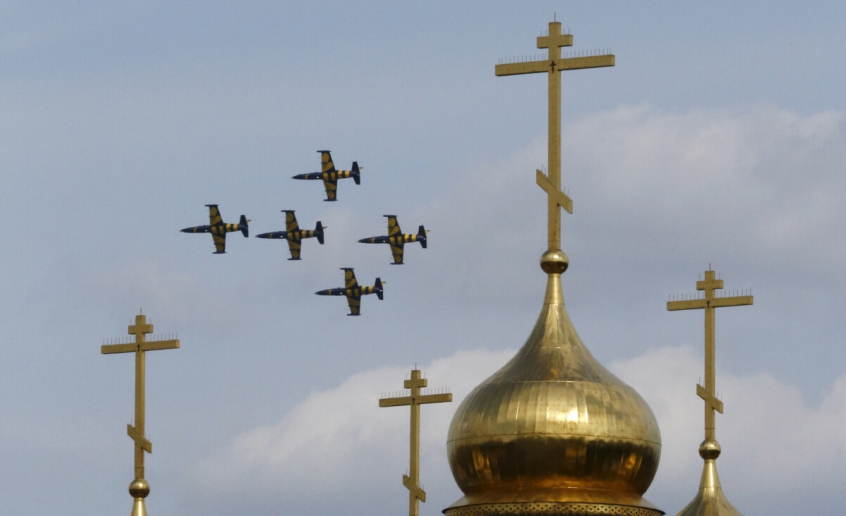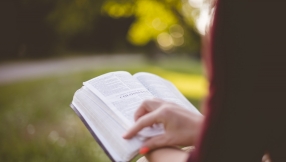Religion is reasserting itself as a major part of national life in Eastern Europe 28 years after the communist regime was suppressing faith and instilling atheism.
A major new survey reveals most adults across the region say they believe in God with a majority identifying with a particular religion.

The study by the US-based Pew Research Center finds in former communist states such as the Russian Federation and Poland most people say that being Orthodox or Catholic is a crucial part of being 'truly Russian' or 'truly Polish'.
But despite the close ties to national identity, relatively few regularly attend church or see religion as central to their day-to-day lives.
The trend is particularly stark among Orthodox Christians in Eastern Europe, where just 10 per cent say they go to church on a weekly basis.
Although Catholics in Eastern Europe tend to be more observant than their Orthodox compatriots, with 45 per cent of Polish Catholics saying they go to church weekly, the proportion of those identifying as Catholics has fallen overall.
The ties between religion and national identity are also weaker in Catholic-majority countries with an average 70 per cent of Orthodox Christians saying their faith was important in order to be truly part of that country compared to an average 57 per cent of Catholics.
The researchers at Pew note this may be because Catholic countries such as Hungary and Poland largely retained their Catholic identity during the communist era, leaving less of a religious void than, for example, in Russia.
The contrast is also seen in support for Church-state relations with those in Orthodox countries more inclined to support close ties than in Catholic majority countries.
Michael Lipka and Neha Sahgal, religious researchers at Pew, say the disparity could be related to the divergent politics.
'The differing trends in predominantly Orthodox and Catholic countries may be, at least in part, a reflection of political geography,' they write.
'The Orthodox countries in the region are further toward the east, and many were part of the Soviet Union. The Catholic countries are further toward the west, and only Lithuania was part of the USSR.'
The influence of Russia still weighs heavily on the region, in particular with Orthodox Christians, who have strong Church-state ties between their faith and the Kremlin.
But the loyalty is not just among Russian Orthodox Christians. The majority of all Orthodox Christians, including Greek, have pro-Russia views and see Moscow as having a special duty to protect not just Russians but all Orthodox Christians in different countries.













